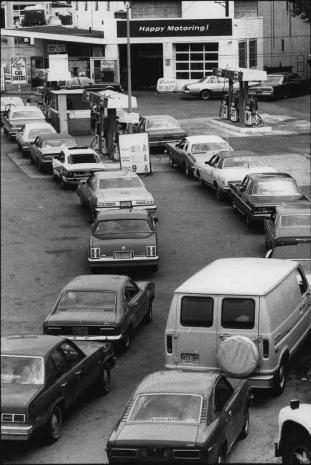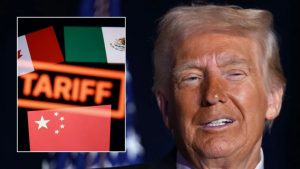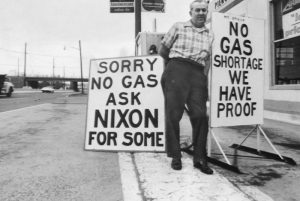
Breaking News
 This US City Is Now the Largest Not to Fluoridate
This US City Is Now the Largest Not to Fluoridate
 Anduril Founder Luckey on Building a New Ohio Plant, an IPO, Working With Trump
Anduril Founder Luckey on Building a New Ohio Plant, an IPO, Working With Trump
 China's hidden military purge: Why it's linked to a possible coup
China's hidden military purge: Why it's linked to a possible coup
 Welcome To The Palantir World Order
Welcome To The Palantir World Order
Top Tech News
 Dark Matter: An 86-lb, 800-hp EV motor by Koenigsegg
Dark Matter: An 86-lb, 800-hp EV motor by Koenigsegg
 Spacetop puts a massive multi-window workspace in front of your eyes
Spacetop puts a massive multi-window workspace in front of your eyes
 Cramming More Components Onto Integrated Circuits
Cramming More Components Onto Integrated Circuits
 'Cyborg 1.0': World's First Robocop Debuts With Facial Recognition And 360° Camera Visio
'Cyborg 1.0': World's First Robocop Debuts With Facial Recognition And 360° Camera Visio
 The Immense Complexity of a Brain is Mapped in 3D for the First Time:
The Immense Complexity of a Brain is Mapped in 3D for the First Time:
 SpaceX, Palantir and Anduril Partnership Competing for the US Golden Dome Missile Defense Contracts
SpaceX, Palantir and Anduril Partnership Competing for the US Golden Dome Missile Defense Contracts
 US government announces it has achieved ability to 'manipulate space and time' with new tech
US government announces it has achieved ability to 'manipulate space and time' with new tech
 Scientists reach pivotal breakthrough in quest for limitless energy:
Scientists reach pivotal breakthrough in quest for limitless energy:
Will Trump End CAFE?

President Trump says he wants to make America great again. Sounds good. How about doing something to make that happen?
One thing he could do anytime he wishes – via the executive orders he has no problem issuing – as for example with regard to tariffs – would be to get the federal government out of the "gas mileage" business, which is none of its legitimate business.
It's a risible business – predicated on the false premise that were it not for federal government there would be no high-mileage vehicles because of the desire of the vehicle manufacturers to sell nothing other than "gas hogs." History – and common sense – say otherwise.
The federal government got into the "gas mileage" business in the mid-1970s, in the wake of artificially spiking gas prices caused by artificially created gas shortages. These shortages were caused by an embargo on the supply of Middle Eastern oil (out of which gasoline is made) which was caused by – or triggered by, at any rate – the federal government, which had annoyed the Arab oil producing countries (OPEC) on account of the federal government's supporting another government, that of the state of Israel.
The cost of gas went up. People had to wait in line to get gas and sometimes didn't get any before the supply ran out. This all happened at a time when American cars were still the majority of cars on the road and a lot of these were "gas hogs" because they were large, rear-wheel-drive coupes, sedans and station wagons and these often had large V8 engines. Most of these were not – at the time of the OPEC embargo – brand-new. They had been purchased prior to the embargo, when the cost of gas was low and so it was affordable to drive large, V8-powered coupes, sedans and station wagons, even if they were "gas hogs."
In 1970, a gallon of gas cost about 37 cents. It cost a lot more all-of-a-sudden. Within just a few years, the price of gas had jumped up to 57 cents per gallon. This made it less viable for people of modest means to afford what it cost to drive a "gas guzzler." It also made it harder to sell them to people of modest means, i.e., to lower and middle-income people.

 Kawasaki CORLEO Walks Like a Robot, Rides Like a Bike!
Kawasaki CORLEO Walks Like a Robot, Rides Like a Bike! Barrel-rotor flying car prototype begins flight testing
Barrel-rotor flying car prototype begins flight testing


